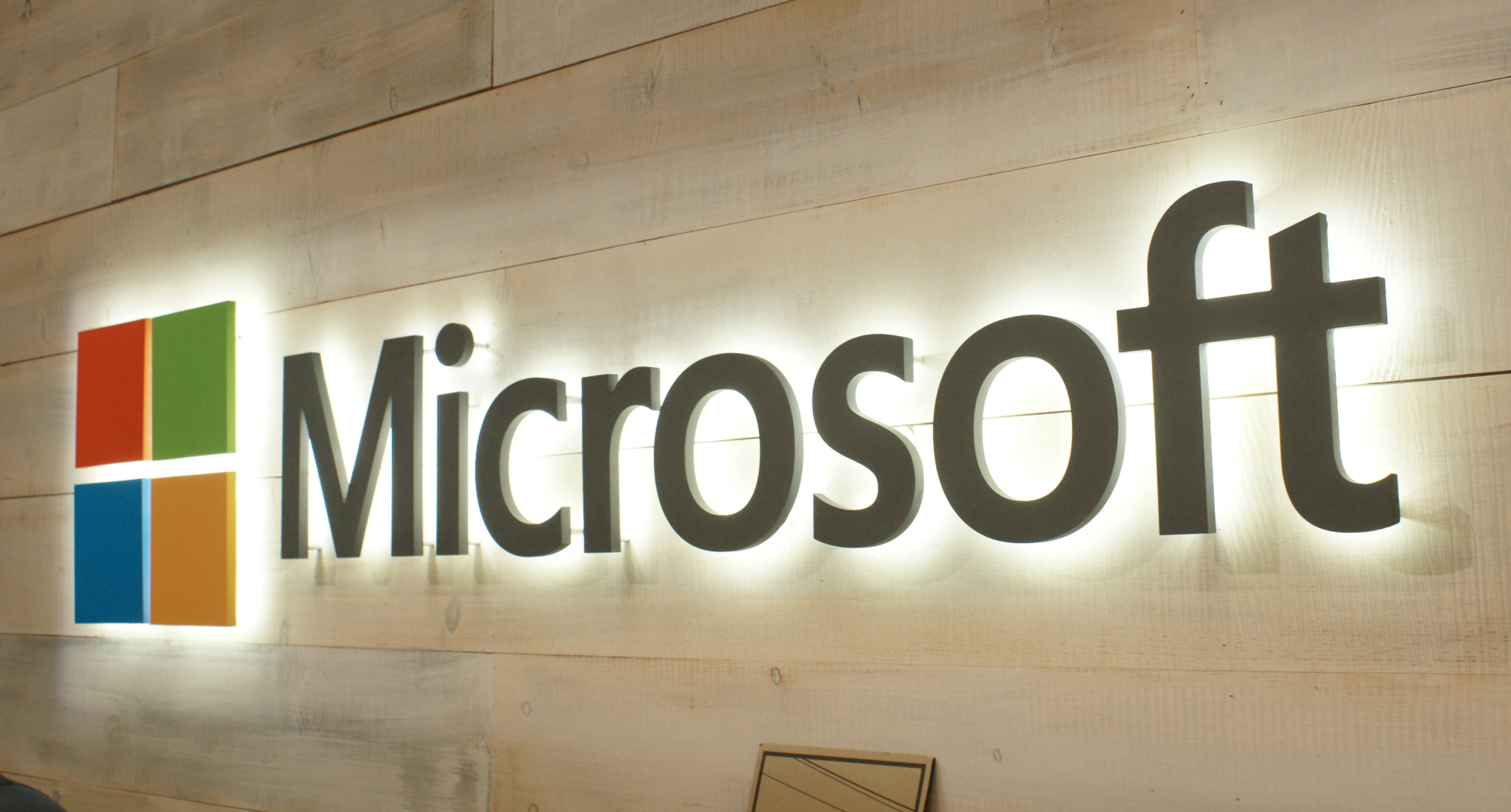A Microsoft security error has been discovered in the latest version of Windows Defender. This flaw opens the door to malware that may compromise the integrity of crypto wallets and other sensitive data.
MICROSOFT DEFENDER NOT COMPLETING SCANS
The error, discovered by Windows Latest, comes with Windows Defender version 4.18.2003. Reports are emerging that this version does not fully complete scans by either quitting or skipping over specific files. The Windows Latest team replicated the error in their lab.
The problem appears to only affect Windows 10, and may not occur during offline scans. In fact, it is possible that full scans are taking place and Defender is merely not reporting correctly. Microsoft has yet to address the issue.

This current problem should be taken seriously, as crypto-related malware continues to proliferate. Many crypto investors keep their funds in desktop wallets, which can be compromised by keyloggers or other nefarious programs designed to capture sensitive data. Malware also exists that replaces pasted Bitcoin addresses causing funds to be redirected to a thief’s wallet.
Even experts can fall victim to these scams. Late last year the VeChain foundation lost over 1 million VET as a result of malware installed on a developer’s personal computer. Also, thieves have been able to steal cryptocurrency from a myriad of exchanges due to lax security protocols.
PROBLEM REFLECTS NEED FOR SECURITY
Given Windows Defender’s history of lackluster performance, this problem is no surprise. However, it underscores the importance of proper handling of crypto funds. There is no shortage of very secure software-based wallets. Nevertheless careless behavior, such as keeping passwords and keys in unencrypted files, can still lead to theft.
Given the long tradition of problems with all-things-Microsoft, many crypto investors choose to keep their funds on smartphones, which tend to have more secure operating systems. For example, iOS has yet to be hacked or have a case of malware. However, Apple’s desktop software and Android have both been hit. Also, all smartphones can be rendered unsafe if they are jailbroken or improperly modified.
Experts agree that hardware wallets are the safest means to store cryptocurrency, and should be used by long-term holders. Most importantly investors should respect the need to have a clear process for safely holding keys, passwords, and other related information. Likewise, cryptocurrency should never be held on exchanges, nor should it ever be given to third parties for safekeeping. In other words, the freedom offered by blockchain technology also comes with a greater degree of responsibility for personal security.
Are you surprised to hear Windows has discovered another security flaw? Let us know in the comments below!
Images via Shutterstock










